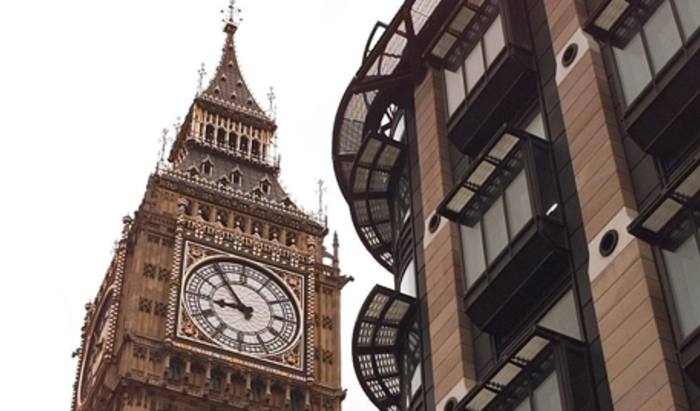
The Centre for Policy Studies (CPS) has called on the UK’s political parties to put forward radical policies in their manifestos ahead of the general election, including changes to income tax and pensions tax relief.
The think tank has suggested lower and combined national insurance (NI) and income tax rates, funded by replacing all pensions income tax relief with a 25 per cent bonus, paid irrespective of tax-paying status.
Other “radical policies” aimed at supporting working families to boost the UK’s post-Brexit productivity included increases to house building through a simplified planning system, better diversity and choice in the UK’s education system, scrapping the Carbon Price Floor, and establishment of a Royal Commission on the future of the NHS.
Sir Steve Webb, director of policy at Royal London, said that the CPS’s ideas for income tax and pensions tax relief would have “all sorts of unexpected consequences, and that it would be particularly difficult to see how the changes would work for those with defined benefit (DB) pensions.
If high earners were to lose a significant portion of their pension tax relief then they would likely have much less interest in their workplace pension arrangements, according to Sir Steve, and this could be to the “detriment of the workplace as a whole”.
Sir Steve added that if tax and NICs are combined then questions could be raised around whether individuals will suddenly have to pay an extra 10 per cent or so on their occupational pensions which are “currently taxed but not NIC-ed”.
“Politically it would be very hard to sell, with large numbers of relatively modest gainers and smaller numbers of very large losers who would be very vocal in their opposition,” Mr Webb said.
Jonothan McColgan, director and chartered financial planner at Combined Financial Strategies, said that the CPS’s tax suggestion could risk separating the relationship between pension tax relief and earnings, and that a period of stability on pensions would be preferable to any further changes.
“Basically all pension contributions are a deferment of earnings today to be used tomorrow. Once this relationship is severed can we trust politicians to resist the temptation to keep reducing the reliefs available over time.
“Also as nice as a short term income tax and NI cut would be, it would not be long before politicians see the opportunity to start edging the rates higher again to fill future budget holes.”
Sir Steve added that a key question ahead of the general election will be whether the parties will have the time to put together detailed plans for their manifestos or whether they might opt for “vague promises” with details worked out once the result is decided.
“A snap general election throws pensions policy up in the air. If Theresa May secures a bigger majority, radical reform of things like pension tax relief becomes much more likely.”
julia.faurschou@ft.com





